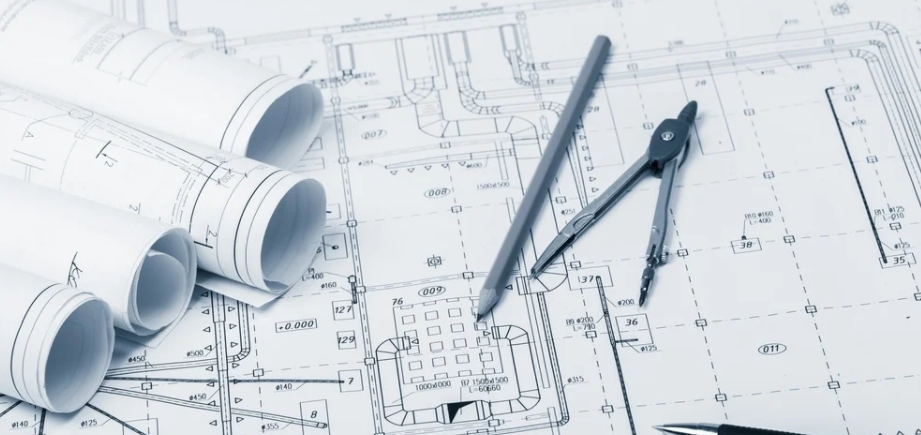With the increasing effort to protect the environment and reduce the carbon footprint, New York City took the matter into their own hands by way of local legislation. A study in 2016 stated that NYC buildings contributed to 67% of the greenhouse gas (GHG) emissions representing over 35 megatons of CO2 released into the atmosphere in the city.
To fight against the negative impact of buildings on the environment, The Greener, Greater Buildings Plan (GGBP) was enacted in 2009 for improving the energy efficiency of large buildings in NYC. This resulted in introduction of new regulations, and among these regulations was Local Law 87 (LL87), the energy audit and retro commissioning law.
According to Local Law 87, buildings larger than 50,000 sq. ft. are required to perform energy audit and retro commissioning every 10 years. The intent of LL87 is to inform building owners of their energy consumption through energy audits and achieve the sustainability goals by improving the building’s overall efficiency if needed.
Building’s That Must Comply with LL87
Based on the ownership information records, the building with the following characteristics must comply with LL87:
Building over 50,000 gross sq. ft.
2 or mot buildings on the same tax lot together exceeding 100,000 gross sq. ft.
2 or more buildings together exceeding 100,000 gross sq. ft. that are help in a condominium form of ownership.
Energy Audit Exemptions
Buildings covered under LL87 are exempted from performing the energy audit if any of the following criteria are met:
The building has received ENERGY STAR label from the US Environmental Protection Agency for at least 2 of the 3 years preceding the report delivery year.
LEED certification from the US Green Building Council for existing building within 4 years prior to the report delivery year.
Energy performance of at least 25 points above the average building of its type and validated by a NYC registered design professional.
When Should I Submit the Report?
The building owner is required to submit all the required information in an electronic Energy Efficiency Report (EER), which consists of professional certification forms and data collection tools.
The EER should be submitted once in every 10-year period by 31st
The due date is indicated by the last digit of your tax number. For instance, if your tax number ends with 9, your due date for EER submission is 31 December 2019. For tax number ending with 8, the due date would be 31 December 2018.
Extension of EER submission may be possible depending on your financial hardship. In such case you are required to reach the department by October 1 of the submission due date.
Filing Fees
To fully comply with LL87, a filing fee must be paid in addition to the EER. Upon receiving the EER, the DOB will instruct on how to make the payments.
Initial Filing – $375
Extension Request – $155
Amendment – $145
For DOB registered energy auditors and retro commissioning agents, the registration fees and renewal feels are also required. If an individual is registering as an energy auditor and a retro commissioning agent, fee submission of both designations is required.
Registration – $200
Renewal – $90
Penalties for Noncompliance with LL87
Failure to submit the EER on the due date comes with financial repercussions. Upon missing the due date, the DOB would charge you $3000 for the first year and $5000 for the following years until the EER is submitted.
How Can New York Engineers Help You?
New York Engineers are one of the giants in energy audit and retro commissioning industry. We have over 10 years of experience in improving all kinds of buildings across New York, Chicago and beyond. We take full responsibility of your LL87 compliance and choosing us comes with huge perks. We can go beyond LL87 compliance and help you with LEED consulting or net zero energy services, which can not only make you eligible for LL87 exemption, but also help you make a lot of financial savings.

